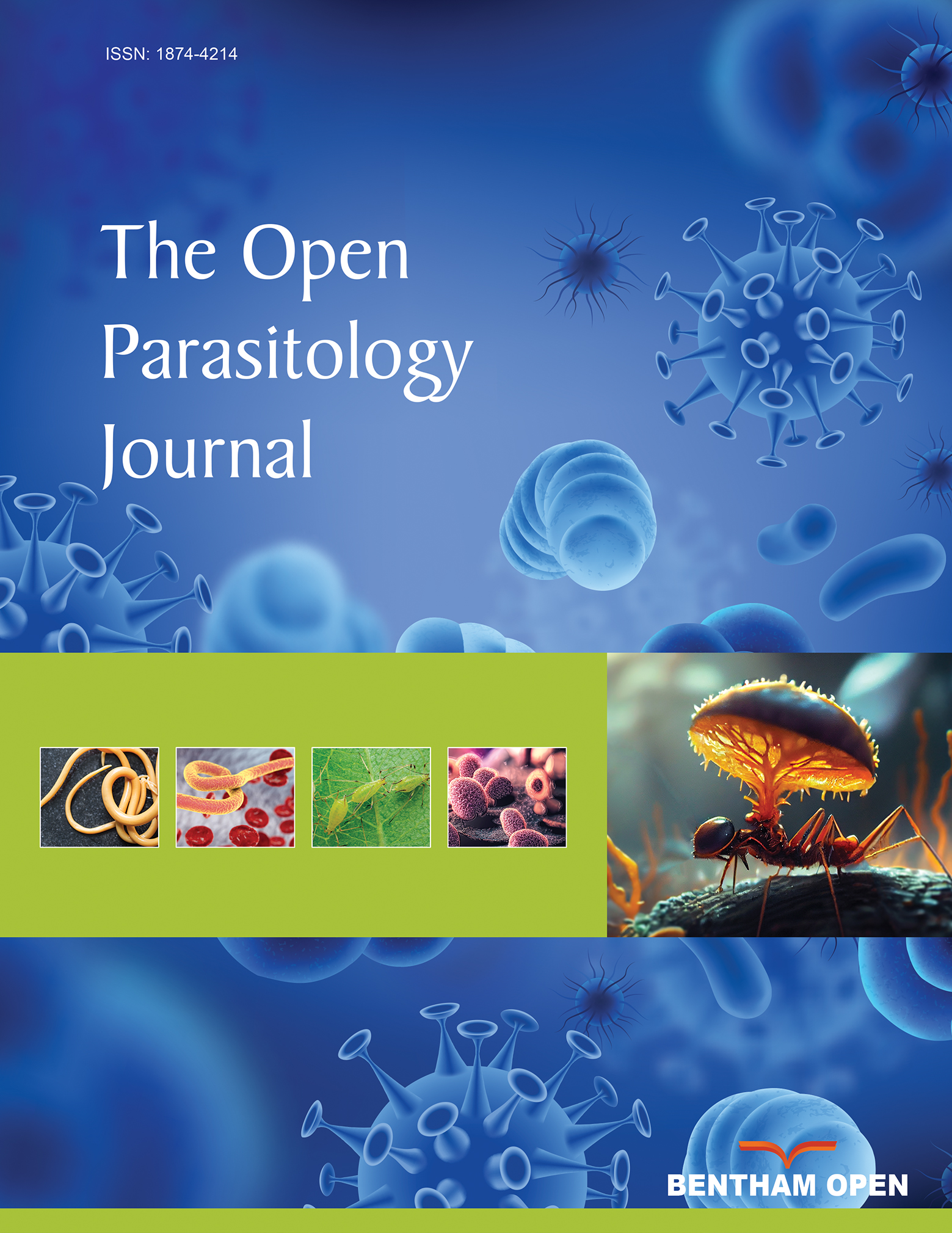All published articles of this journal are available on ScienceDirect.
Co-infection Paragonimiasis-pulmonary Tuberculosis Discovered from a Man in Abidjan, Côte d’Ivoire: Case Report
Abstract
Introduction:
Paragonimiasis is a very uncommon zoonosis in sub-Saharan Africa. It is a trematodial disease contracted by eating fresh or undercooked crustaceans harboring a parasite of the genus Paragonimus. About fifteen species of Paragonimus are pathogenic to humans. In Africa, three species are frequently encountered: Paragonimus africanus, Paragonimus uterobilatéralis, and Paragonimus westermani. Clinically, it has similarities with pulmonary tuberculosis so that confusion is quickly made.
Case Report:
We report here a case of paragonimiasis discovered incidentally in a security guard man, 26 years old, originated from Côte d’Ivoire, who consulted in 2019 to the Medical Teaching Hospital of Cocody, for hemoptysis under a chronical mode.
Results:
After examination, the disease of paragonimiasis was diagnosed by positive direct smear. Otherwise, patient was positive to TB after a molecular test.
An anti-tuberculosis cure was proposed, and a treatment with praziquantel 600 mg (2 tabs x3 / d for 4 days) allowed us to obtain biological cure without major side effects for paragonimiasis.
Conclusion:
The diagnostic issues of paragonimiasis constitute a great challenge for health systems already weakened by the instability due to covid-19 pandemic. The insufficient resources allocated to the health sector showing the lack of integration of the diagnostics of paragonimiasis to pulmonary tuberculosis program are crucial.
The strengthening of human resources, as well as the improvement of the technical platform of reference laboratories in regions, are really needed.


